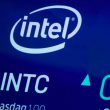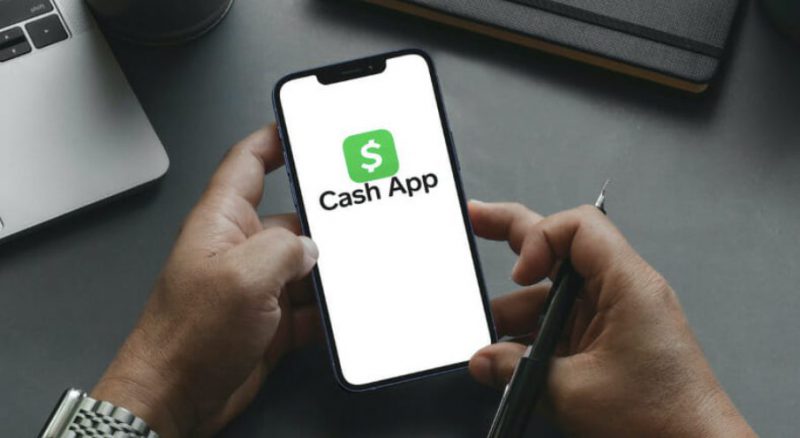What Bank Does Cash App Use? A Comprehensive Guide
In the world of mobile payment apps, Cash App has gained significant popularity.
With its seamless interface and convenient features, Cash App allows users to send, receive, and invest money using their mobile phones.
In this comprehensive guide, we will explore the banking services behind Cash App and shed light on the partner banks that support its operations.
Also read: How to Borrow Money From Cash App?
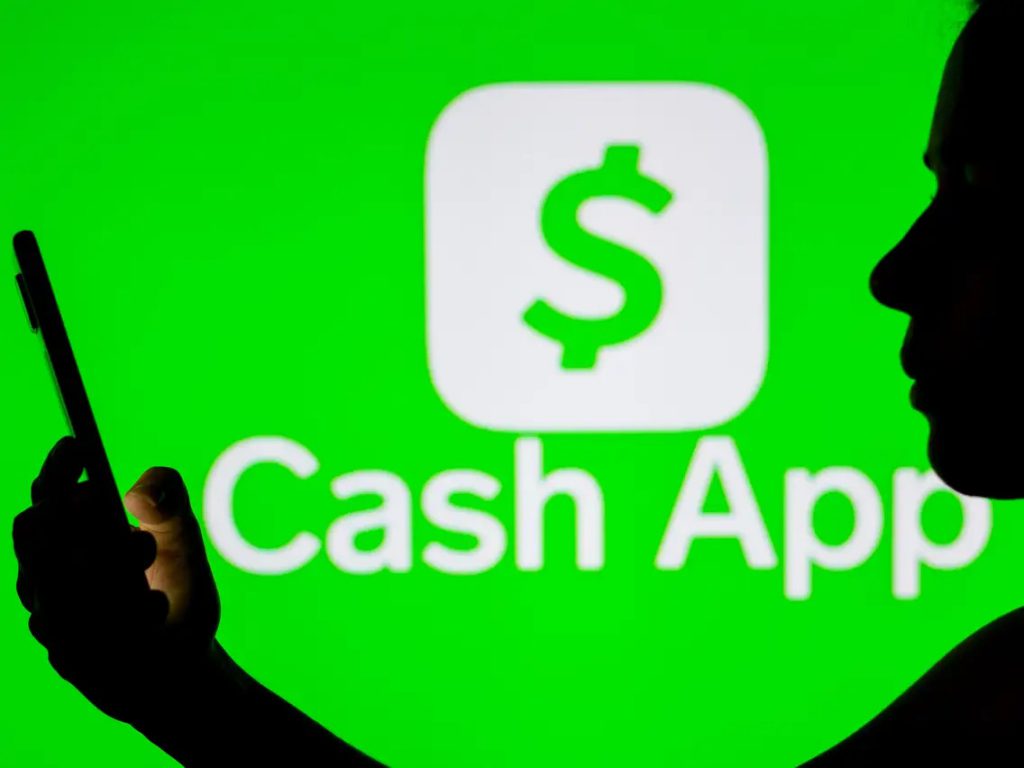

Cash App: More Than Just a Bank
First and foremost, it is important to clarify that this App is not a bank itself.
Rather, it is a fintech app, also known as a financial platform, that collaborates with FDIC-insured banks to provide its users with a range of banking services.
The App is the technology provider, while partner banks handle the banking operations.
Partner Banks: Sutton Bank and Lincoln Savings Bank
Cash App has established partnerships with two banks: Sutton Bank and Lincoln Savings Bank.
These banks play a crucial role in providing various services to Cash App users, including prepaid debit cards, direct deposits, and FDIC-insured deposits on prepaid cards.
However, it is worth noting that Cash App does not explicitly disclose which services each bank offers, and these arrangements can change over time.
Also read: Where Can I Load My Cash App Card?
Lincoln Savings Bank: A Trusted Partner
Lincoln Savings Bank, founded in 1902, is a well-established full-service bank.
While Lincoln Savings Bank has previously been associated with providing prepaid debit cards and direct deposits for Cash App, recent information suggests that Sutton now handles direct deposit services.
Nevertheless, Lincoln Savings Bank continues to contribute to the overall banking infrastructure of the App.
Sutton Bank: Bridging the Gap
Sutton, founded in 1878, is an online and in-person bank that collaborates with Cash App to offer prepaid cards and direct deposit services.
Although Sutton Bank has fewer branches compared to Lincoln Savings Bank, it plays a crucial role in ensuring that the app’s users can access their funds conveniently.
Discovering Your Cash App Bank
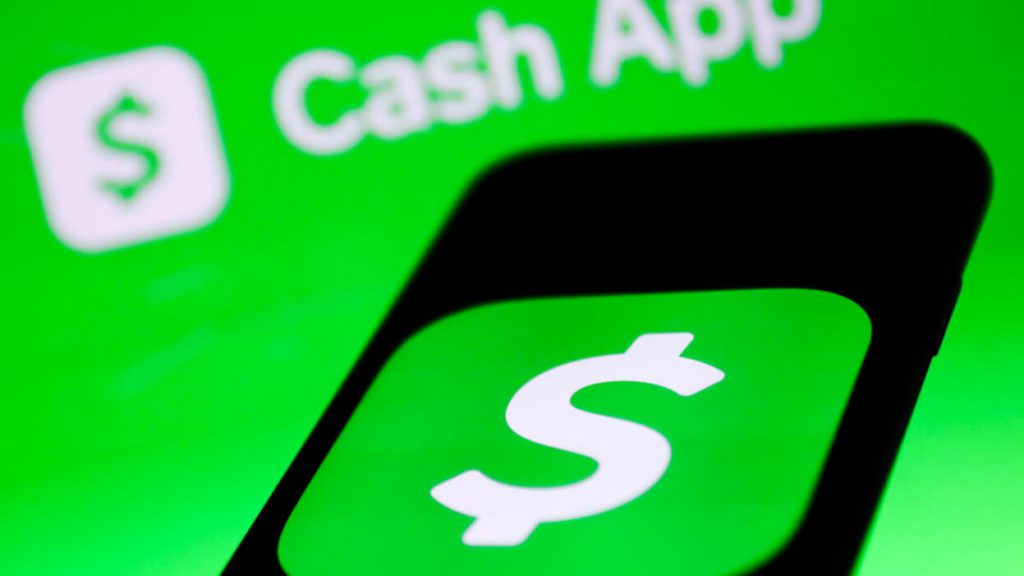

In most cases, Cash App users do not need to actively seek out their bank’s information since all transactions and operations are conducted through the app itself.
However, there are instances where knowledge of your bank’s details becomes necessary, such as setting up direct deposit, sending e-checks, or establishing recurring bills.
To find your Cash App bank’s information, log into the app and navigate to the Banking tab.
Within this section, you can locate your bank’s routing and account numbers, which are essential for setting up deposits or making payments.
Setting Up Direct Deposit with Cash App
Setting up direct deposit with Cash App is a convenient way to receive funds directly into your account.
To initiate this process, you will need to gather certain details, including the bank’s name, address, routing number, account number, and your Cash App account number.
Before proceeding with direct deposit setup, confirming the specific bank designated by Cash App for this purpose is important.
The partnering banks can change periodically because Cash App is a fintech app.
Although Cash App’s website mentions their “partner banks” without explicitly naming them, it is safe to assume that these arrangements may be subject to change.
Using Cash App Without a Bank Account
Contrary to popular belief, having a bank account is not mandatory for using Cash App.
While users can connect their bank accounts with it, accessing the app’s services is not a prerequisite.
Leveraging the Cash Card
For users who prefer to utilize the Cash App without a bank account, the Cash Card offers a viable alternative.
The Cash Card, functioning as a Visa debit card, can be used for cashless transactions at any point of sale that accepts Visa.
When using the Cash Card, funds are directly deducted from the user’s Cash App balance, eliminating the need for credit card bills or interest payments.
Moreover, certain retailers offer the option of “cash back,” allowing users to receive an amount exceeding their purchase total if their Cash App balance permits it.
However, it is important to note that transactions exceeding the available Cash App balance will not be processed.
Transferring Funds Without a Cash Card
When a Cash Card is unavailable, users can still access funds in their Cash App account. This can be achieved by electronically transferring funds to another Cash App user with a Cash Card.
By doing so, the recipient can withdraw the funds on behalf of the sender. However, exercising caution and engaging in such transactions with trusted individuals is crucial.
For utmost convenience and security, linking a bank account with Cash App is recommended. This enables users to easily transfer funds to themselves whenever the need for cash arises.
Ensuring Financial Security
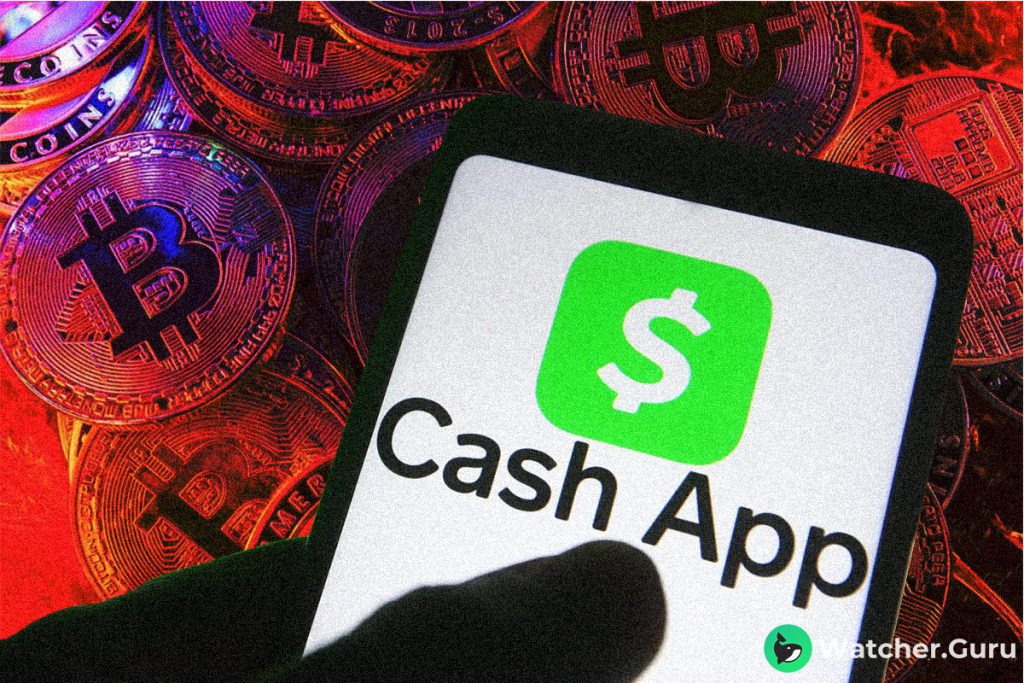

When entrusting a fintech app with your financial transactions, it is essential to understand the security measures in place.
Cash App, like other peer-to-peer payment platforms like PayPal and Venmo, uses encryption technology to safeguard user information. However, there is one significant aspect to consider.
If a user opts not to obtain a Cash App card, their funds are not automatically FDIC-insured.
To ensure the safety of their funds, it is necessary to possess a Cash App card issued by one of the partner banks. Without this card, the funds remain at risk.
Additionally, it is important to note that Cash App does not protect against fraud.
In the unfortunate event of unauthorized account access, funds lost due to fraudulent activities may not be recoverable. Furthermore, investments made through Cash App are not FDIC-insured, although this is a common practice in the industry.
Frequently Asked Questions
To provide a comprehensive understanding of Cash App’s operations, let’s address some frequently asked questions:
Is a Bank Account Required When Using Cash App?
No, a bank account is not mandatory when using Cash App. However, not having a linked bank account may limit certain app functionalities. It is advisable to link a bank account to access cash and transfer funds.
Is Cash App Free to Use?
For the most part, Cash App is free to use. Users can download the app, create an account, deposit cash, and send/receive money from other Cash App users without incurring any charges.
However, fees may apply for instant transfers, ATM withdrawals, and Bitcoin investments.
Are There Transfer Limits with Cash App?
Cash App imposes specific transfer limits, particularly for unverified accounts. To verify an account, users must provide personal information such as their full name, the last four digits of their Social Security number, date of birth, and driver’s license details.
Unverified accounts have lower limits, such as sending up to $250 within 7 days and receiving up to $1,000 within 30 days. Verified accounts enjoy higher limits, with the ability to send up to $7,500 within 30 days and no limits on inbound transfers.
Is Cash App FDIC-Insured?
Cash App itself is not FDIC-insured. However, funds held in Cash App are protected by its partner banks, provided that users possess a Cash App card issued by these banks.
It is important to understand the distinction between Cash App as a technology provider and the partner banks as the entities responsible for FDIC insurance.
What Bank Does Cash App Use for Plaid Users?
Currently, this App relies on Lincoln Bank for Plaid users. However, this arrangement may change over time as the App continues to refine its banking partnerships.
The Bottom Line
In conclusion, Cash App is not a bank but rather a fintech app that collaborates with partner banks to provide banking services.
Users can conveniently send, receive, and invest money using the app’s intuitive interface.
While having a bank account is not mandatory, linking one enhances the app’s functionality. By understanding the role of partner banks, users can navigate the app’s features with confidence, knowing their funds are secure and accessible.


